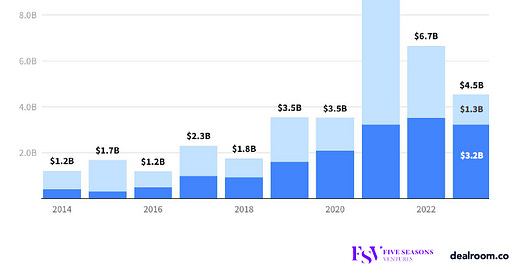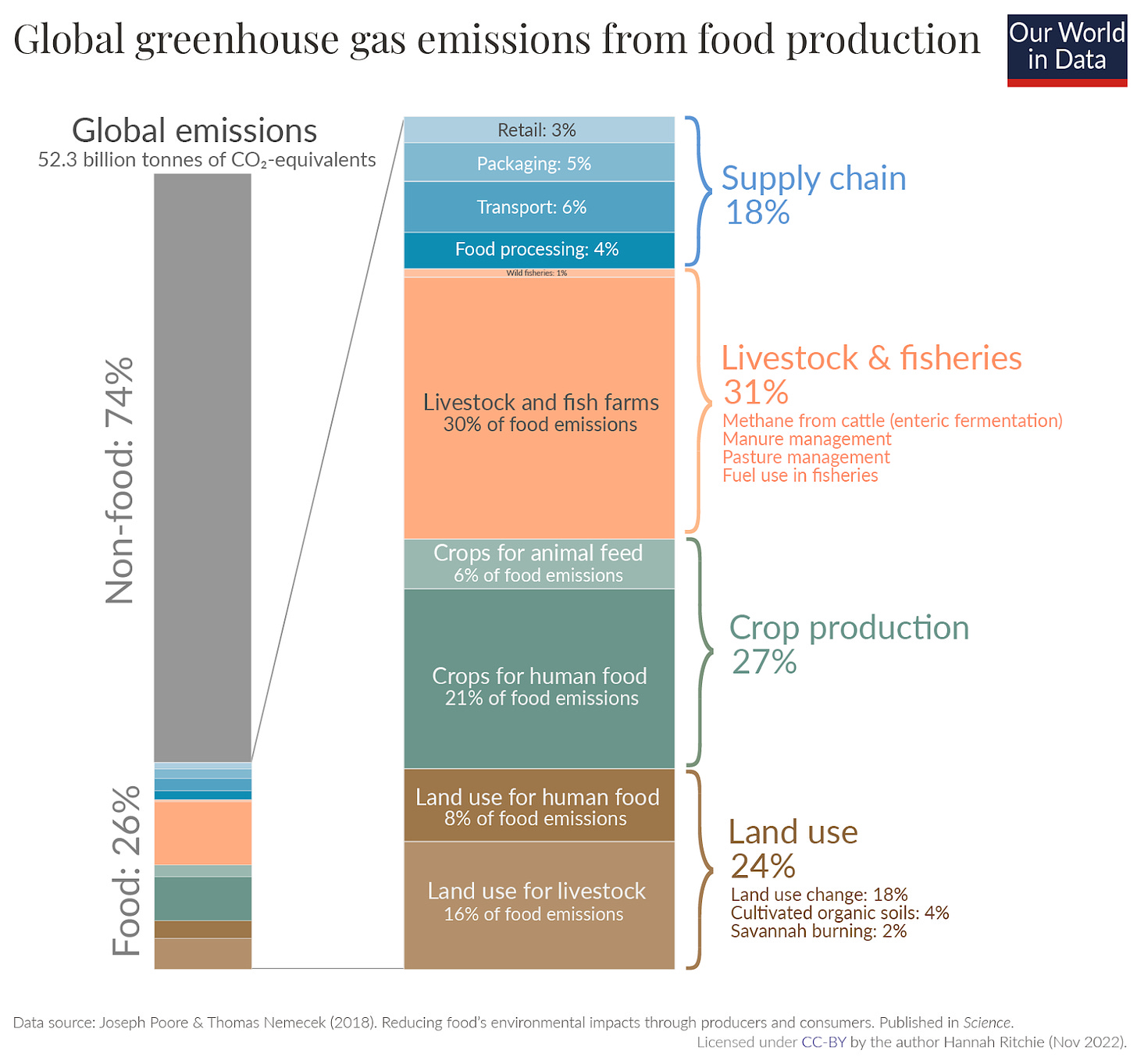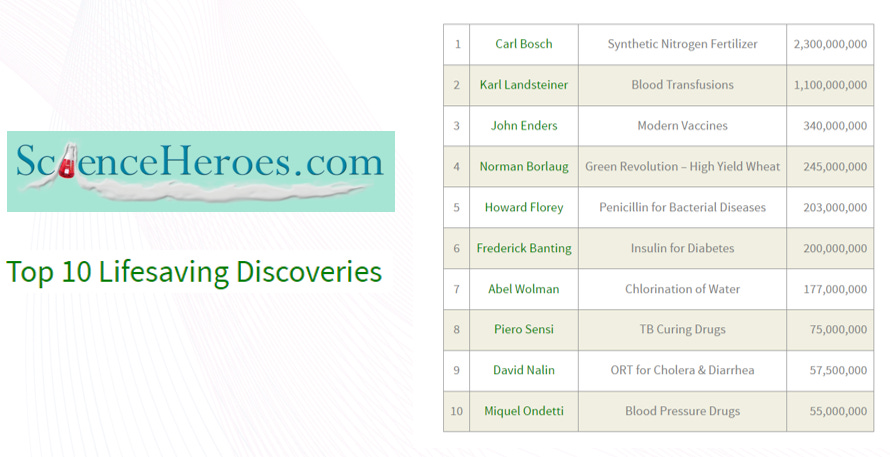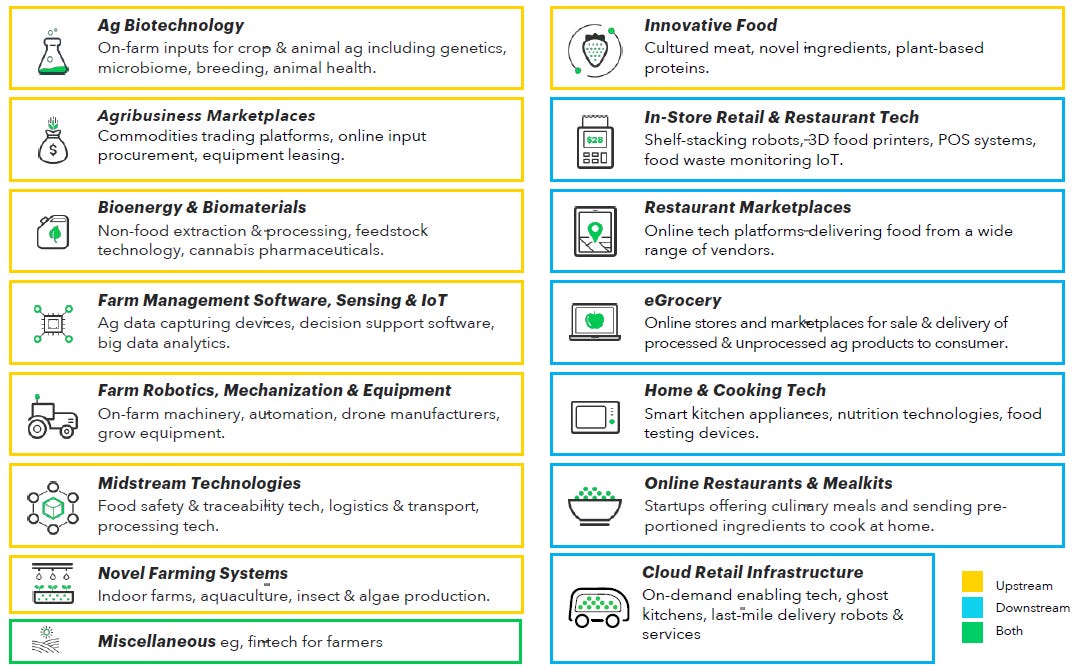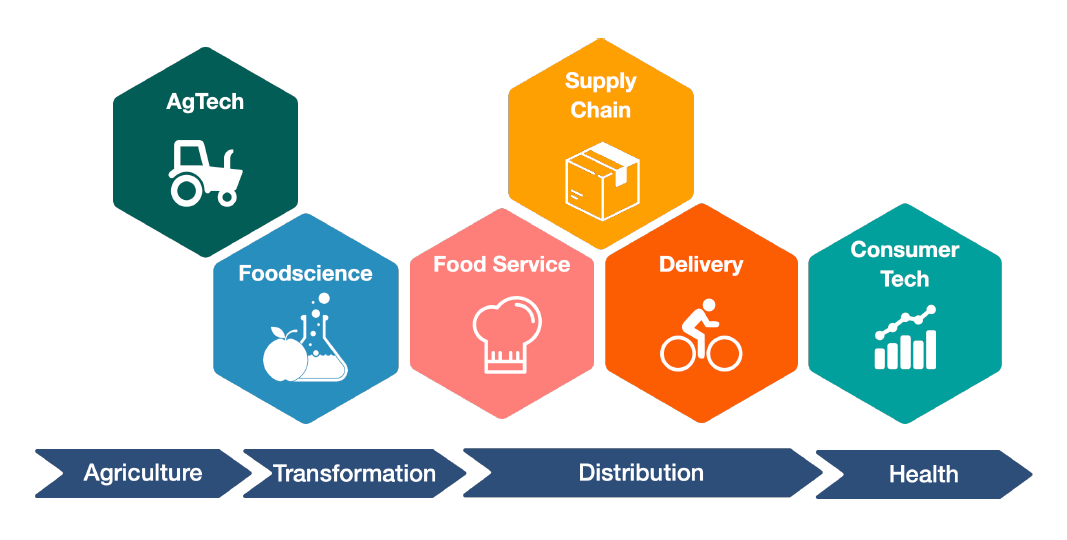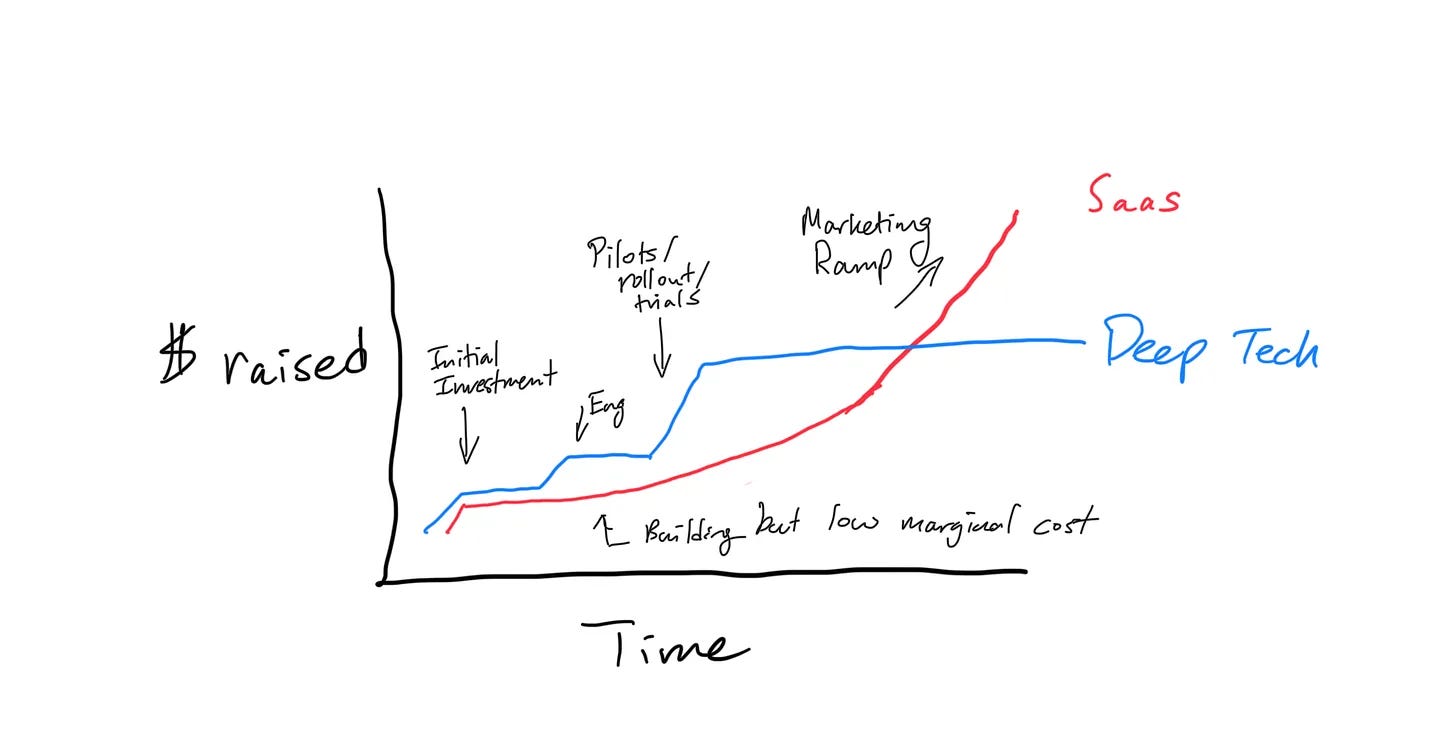Hi, I'm Ander López, currently serving as the Entrepreneurship Manager at the Basque Culinary Center (BCC), the foremost university in gastronomic sciences and food technologies.
At BCC, we champion Foodtech startups from all the gastronomy value chain, across diverse sectors including agritech, restaurantech, delivery, food sciences, etc. We provide comprehensive support through our incubator, a global acceleration program, our R&D Center, and our dedicated Venture Capital Fund.
This post is crafted for the weekly edition of The VC Corner newsletter, aiming to give the audience an insightful glimpse into the vibrant world of foodtech. I hope you enjoy it! 😀
The Big Problem
For decades, global demand for food has increased steadily, driven by the growing world population and the diversification of diets, changing what we eat but also how we eat it.
However, our current food system poses significant challenges. It is one of the main drivers of biodiversity loss on our planet and is responsible for a quarter of the world's greenhouse gas emissions. The way we produce, distribute, and consume food is putting immense pressure on our environment, leading to the consumption of natural resources and contributing to climate change:
Source: Our World In Data
Ironically, if we analyze history's top 10 life-saving discoveries, innovations in food and agriculture stand out as one of the most critical areas, and have been indispensable for ensuring global health and longevity.
From breakthroughs in nutrition and food safety to sustainable farming practices, the impact of food-related sciences is immense, proving that food is not just a basic necessity but a pivotal element in saving lives and improving the quality of life worldwide.
Source: Science Heroes
But with big problems come big opportunities. Embracing new advancements can lead to healthier diets, reduced environmental footprints, and a more equitable distribution of food resources.
As we stand at the intersection of innovation and necessity, it's time to recognize the pivotal role of agri-foodtech in shaping the future of our food system and embrace it with open arms!
This is a monthly ✨ free edition ✨ of The VC Corner’s Newsletter. I hope you are enjoying it :)
Become a premium subscriber to get access to every article.
But… What is Agri-Foodtech?
Agri-Foodtech, also known simply as Foodtech, is the industry that leverages new technologies to revolutionize how the food value chain and industry operates. From mobile app-based services to innovative alternative proteins, these advancements are reshaping the entire food ecosystem.
Within the foodtech startup landscape, several categories or verticals stand out, each contributing uniquely to the industry's transformation:
Source: AgFunder
Nevertheless, foodtech is significantly broader than other sectors that have emerged in the startup ecosystem to date. This breadth allows for the emergence of numerous hybrid startups that intersect multiple verticals beyond just foodtech, creating innovative solutions that span various industries:
Source: Digital Food Lab
The actual landscape
If you’re skeptical about the technological disruption wave hitting the food industry, just look at the quantity invested by Venture Capital firms as a clear indicator. The sheer volume and upward trend of funding in recent years speak volumes.
Foodtech has become a prime segment for VC funding, attracting $13 billion in 2023 alone. Startups in this sector now boast a combined value of $1.4 trillion, with foodtech VC investment increasing more than fivefold in the past decade. This remarkable growth underscores the sector's booming potential and transformative impact on our future:
Source: Five Seasons Ventures & Dealroom
However, a closer look at the entire food value chain and the evolution of the foodtech sector reveals that most of the unicorns have been either consumer-facing or involved in digital distribution.
There hasn't been much investment in deeptech technologies related to foodtech, as this field requires a good understanding of how the deeptech cycle works. Investors need to grasp the intricacies of the technology, its development, and accurately determine future market needs—something achievable only through specialization and time.
To discover the future foodtech unicorns, investors will need to adopt bolder approaches, as traditional metrics and paradigms will not suffice. Instead of focusing on 10-minute grocery delivery, more investments should be directed towards deeptech 😉
Source: Weighty Thoughts
What does the future look like?
Keep reading with a 7-day free trial
Subscribe to The VC Corner to keep reading this post and get 7 days of free access to the full post archives.

